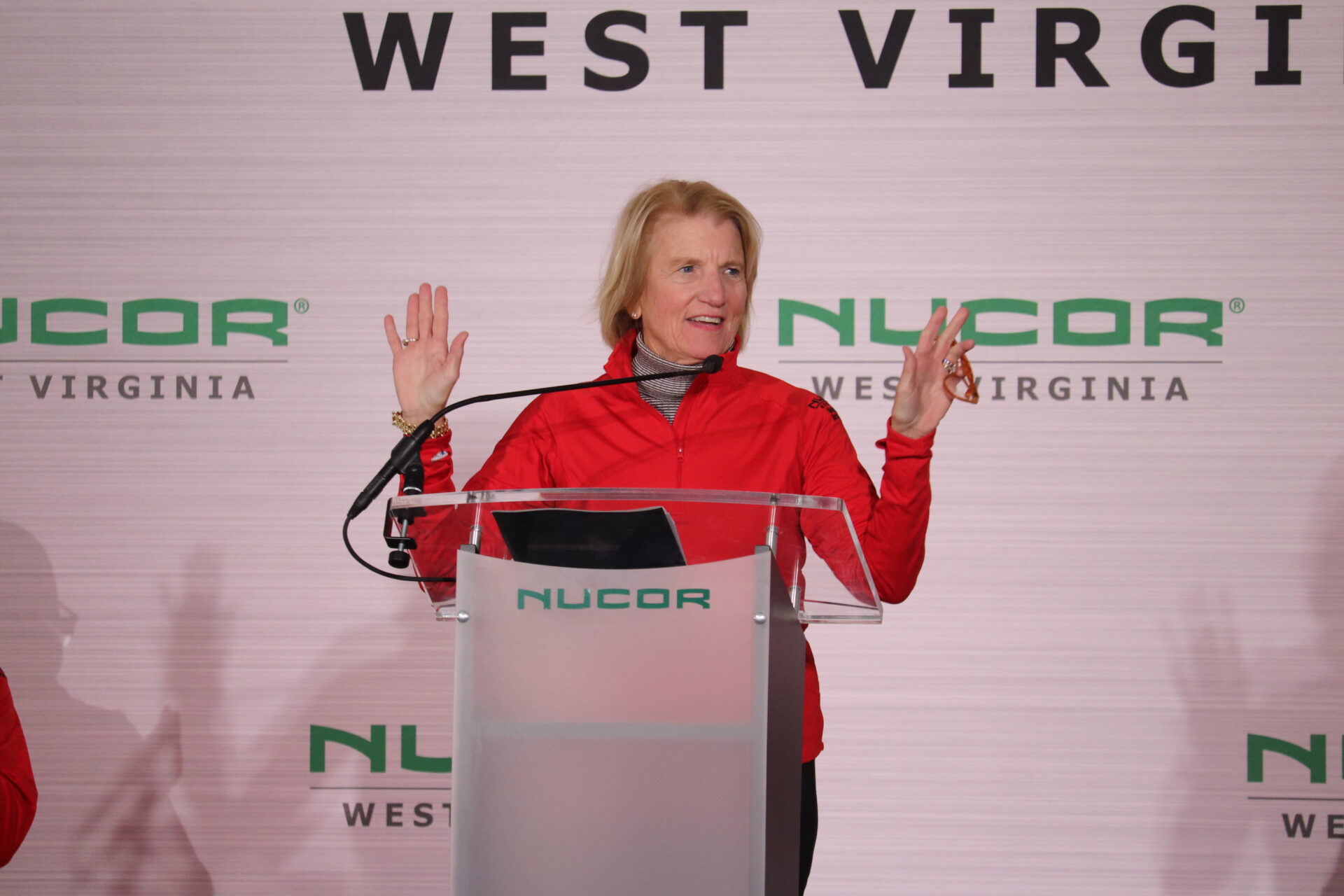U.S. Sen. Shelley Moore Capito says she’s working to bring a small modular nuclear reactor to the state.
Capito says she’s spoken to the Nuclear Regulatory Commission about faster permitting for a nuclear project in West Virginia.
On Thursday, the House of Delegates passed House Bill 2205, a bipartisan bill that would enable the West Virginia Public Service Commission to certify small modular reactors.
Nuclear could come to the state as a result of the legislature’s repeal of a longtime nuclear power moratorium in 2022 and the passage of the Advance Act in Congress last year. Capito was a cosponsor of that bill.
“There’s a lot of talk about nuclear up here and at home and hopefully we can move forward on that,” she said.
Nuclear is costly to build and can take decades. But Capito says she supports the idea of repurposing retired coal plants for small modular reactors. One advantage: Those sites are already plugged into the grid.
Former U.S. Sen. Joe Manchin toured one such site, the former Appalachian Power Kanawha River plant, two years ago with technology mogul Bill Gates.
Appalachian Power is pursuing a small modular reactor project in Virginia.
